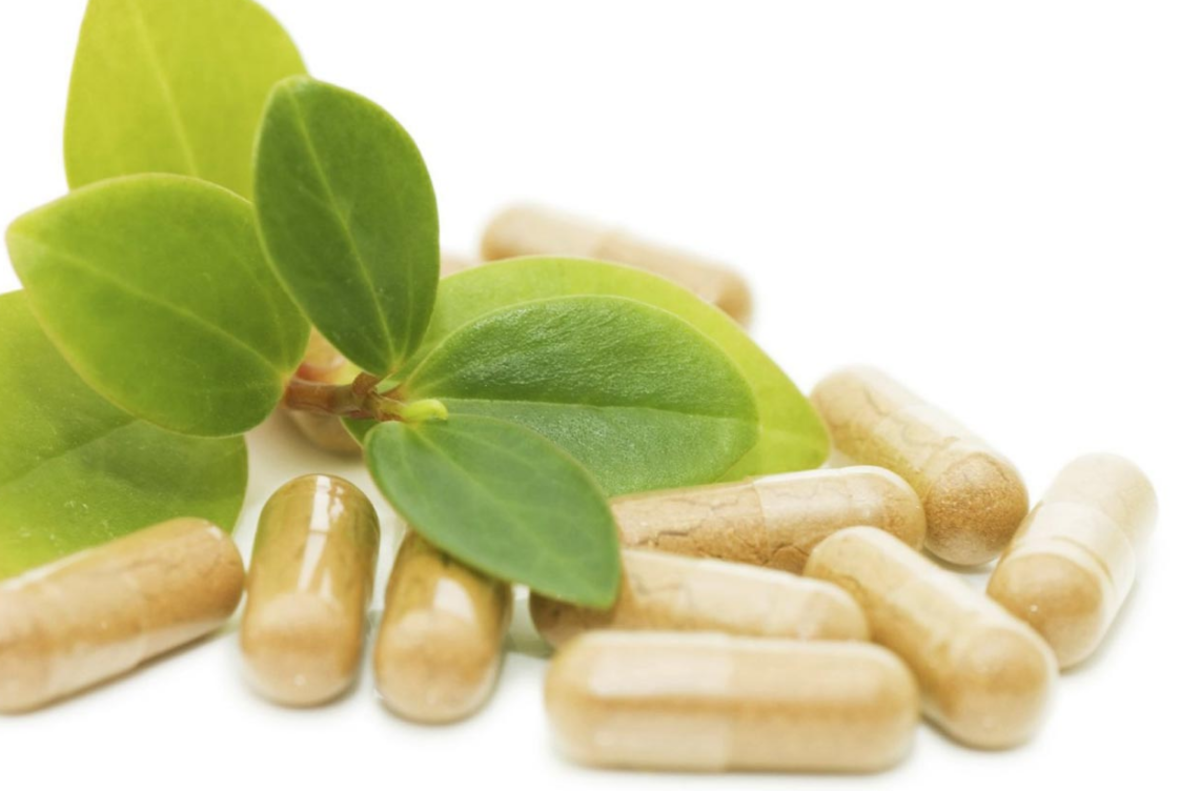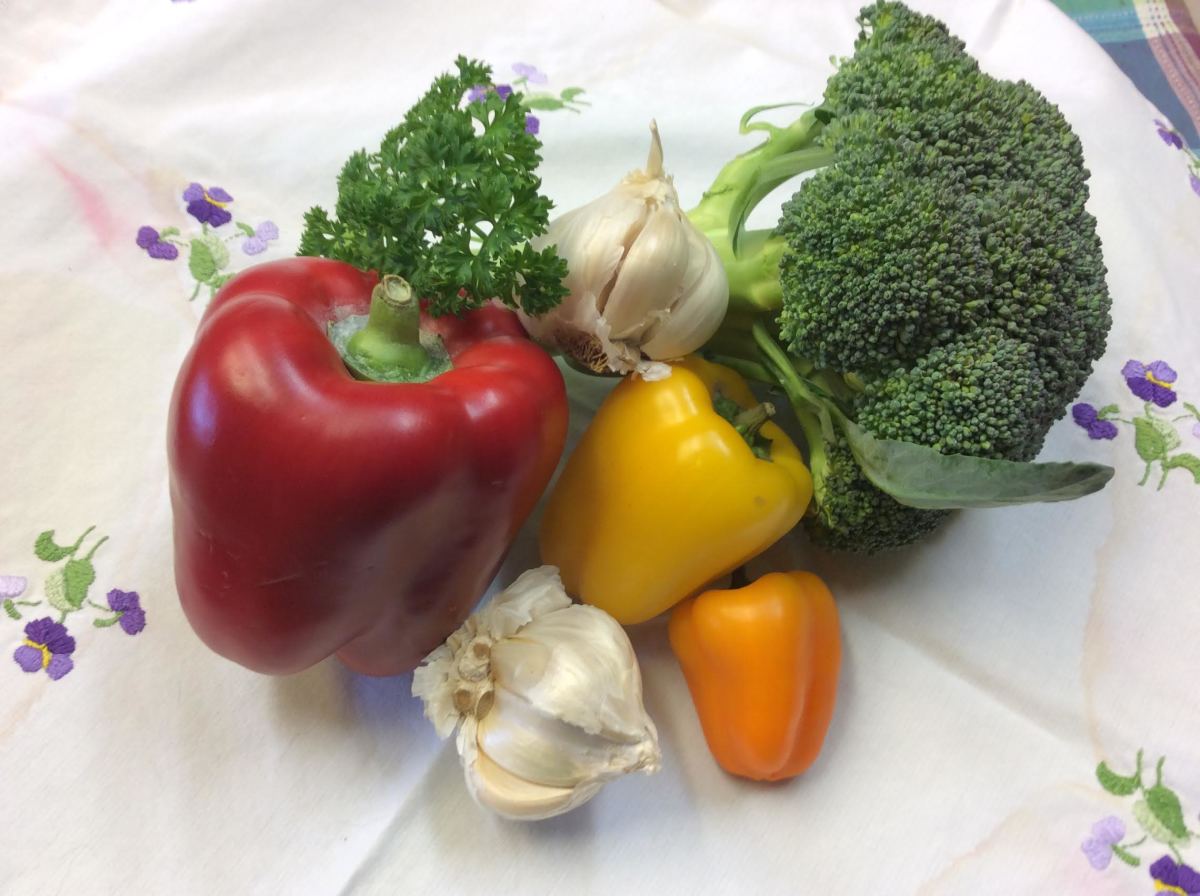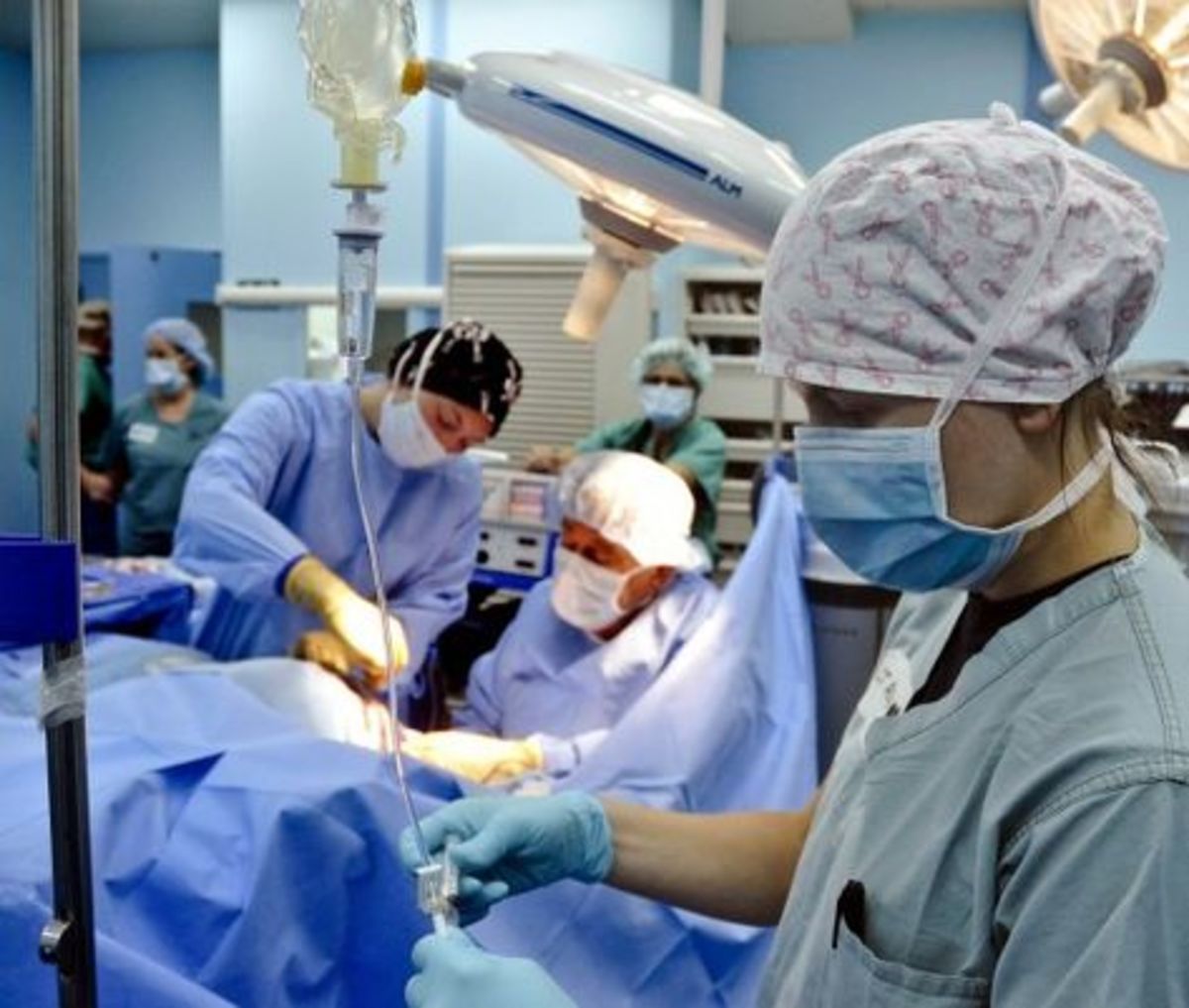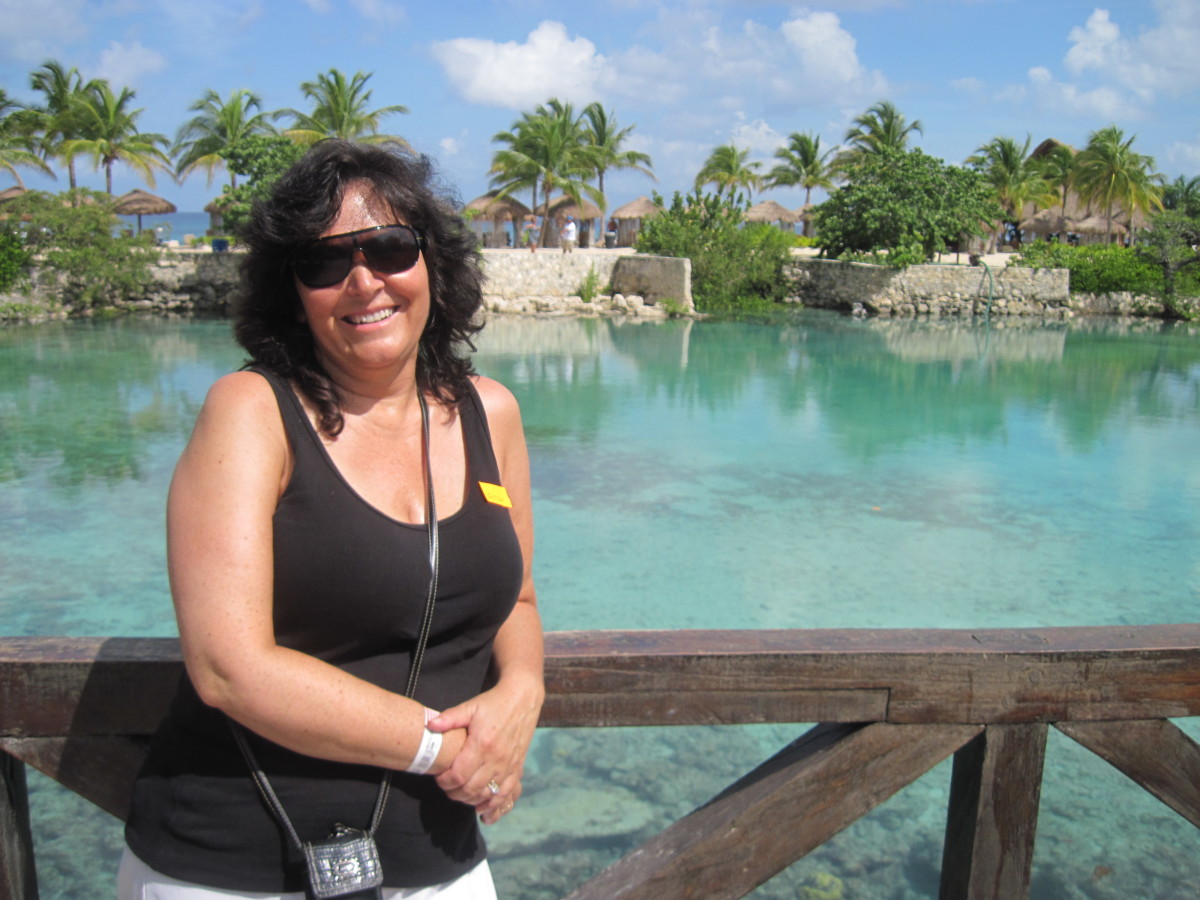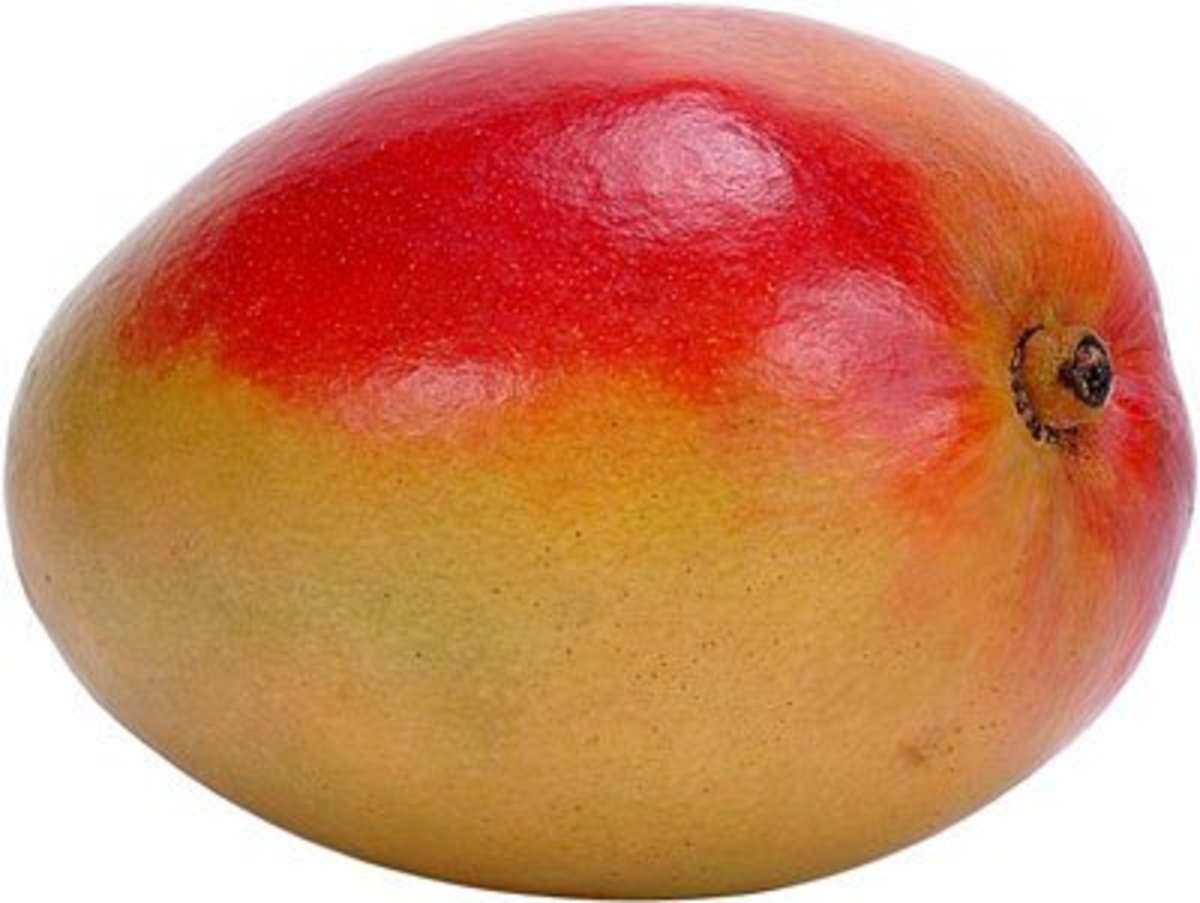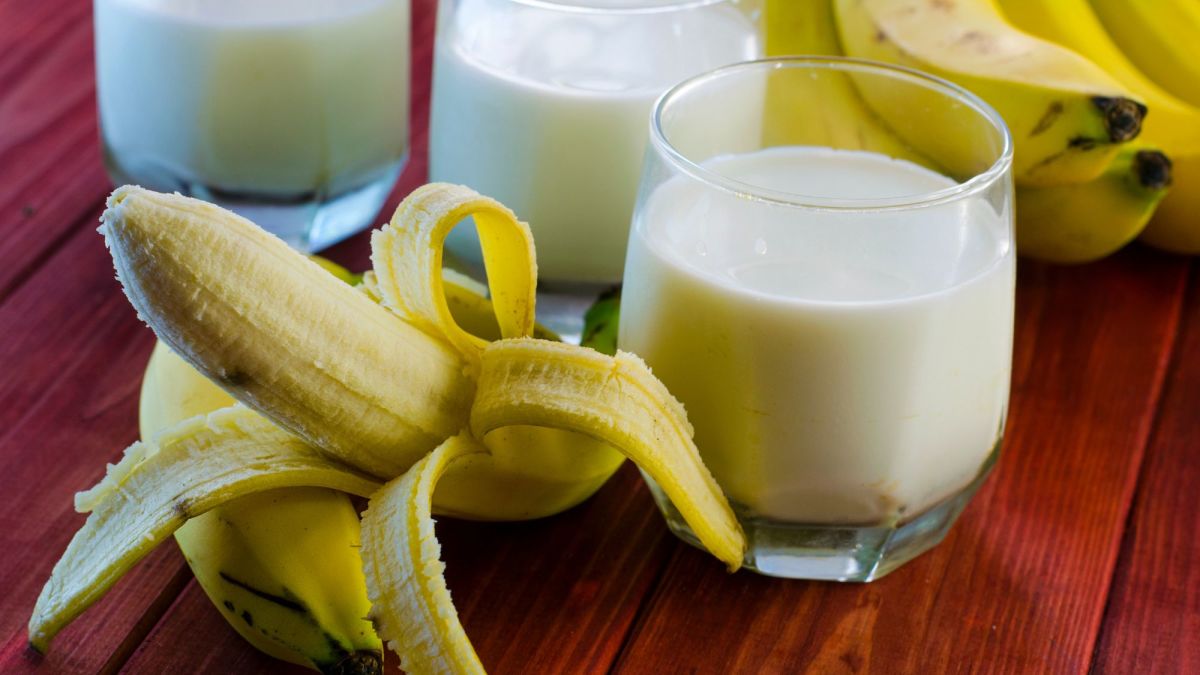Prevent Breast Cancer With A Healthy Diet
Dietary habits can play a huge role in the prevention of breast cancer, according to scientific research. Women worldwide should take the following information to try to make life-changing choices for themselves and their families.
Breast cancer kills nearly 400,000 women each year; it’s the second most common cancer in the world! The lifetime breast cancer rate is nearing 1 in 7 American women. This trend goes well beyond the United States. For example, breast cancer incidence in Taiwan has tripled in the past two decades, and like in the U.S., the age at diagnosis continues to drop. According to the Journal of the American Medical Association in 2006, the westernization of their lifestyles may be a contributing factor.
The China Study
Research has certainly shown that diet has a major impact on not only the development, but on the progression, of breast cancer. Much of this data comes from studies of Asian women. The China Oxford Cornell Diet and Health Project found extremely strong associations between the increase of degenerative diseases in China and the transition from the traditional plant-based Asian diet to a more Western diet of meat, dairy and fat. This China Project is the world’s most comprehensive study of diet, lifestyle and disease that has ever been conducted.
The study also noted that people who move from low-risk countries gradually take on the disease risk rates of their new home country – the opposite is also true.
Breast cancer is rare in Japan – about ¼ the rate of American women – yet the Japanese women who immigrate to the United States get diagnosed with breast cancer at almost the same rate as American women.
In a way, this is good news, because it reinforces that diet and lifestyle changes play a large part in being able to stop these cancer genes from expressing themselves.
Asian & Pacific Islander American Health Forum
Another study, the Asian and Pacific Islander American Health Forum, also pointed out that there was increased risk of cancer incidence with increased exposure to the western diet. Breast cancer, like many other cancers, is associated with increased fat in the diet. Your food choices can dramatically increase, or decease, your risk for breast cancer.
On a high-fat diet, estradiol, the breast cancer promoting hormone, increases. On a low-fat diet, the opposite occurs. Many dangerous compounds from sources such as pesticides, bleached paper products, plastic food containers, and bovine growth hormones are lipophilic, meaning that they love fat – they live in fat and they don’t metabolize out of fat. A high-fat diet promotes the storage of these synthetic chemicals that mimic estrogen activity in breast tissue, so if a woman has a lot of fatty tissue on her body, she will store a lot of these dangerous compounds.
There are different breast cancer risks among the different types of fats. Saturated, mostly animal, source fats are associated with the highest risk for all cancers, while plant-source fats (unsaturated) have a more protective effect. There are risks with unsaturated fats, also – omega-3 fats help to improve immunity, while too many omega-6 fats can act to suppress your immune function. Omega-6 is found in soybean oil, safflower oil, sunflower oil, corn oil and cottonseed oil (just to mention a few). Research has shown that regular consumption of these fats greatly increased breast cancer risk.
Unsaturated fats:
Omega-6
| Omega-3
|
|---|---|
Sunflower oil
| Wild fish
|
Safflower oil
| Sea vegetables
|
Soybean oil
| Flaxseeds
|
Corn oil
| Free-range poultry
|
Cottonseed oil
| Free-range eggs
|
Sesame oil
| Walnuts
|
Peanut oil
| Pumpkin seeds
|
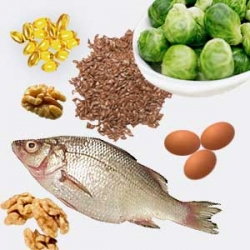
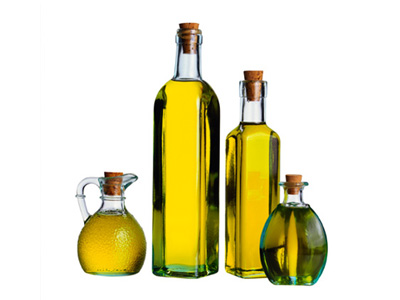
Interesting point: Before the Berlin Wall came down, East Germany suffered dairy shortages – and shortages of breast cancer, while West Germany had plentiful dairy consumption – and plentiful rates of breast cancer.
Free Radicals
Free radicals are dangerous compounds that are involved in the aging and cancer-forming processes of cells. When fats are exposed to air, light, or heat they break down quickly – they oxidize, become rancid, and produce these dangerous free radicals. Many food manufacturers add hydrogen to the omega-6 plant oils to make them solid at room temperature. This process produces cancer-causing transfats. A study of 700 post-menopausal women conducted in Europe revealed that there was a 40% increased risk of breast cancer among the women who eat a lot of hydrogenated fats in fried foods, margarine and/or baked goods.
There are many more things that can and are contributing factors for increased risk of breast cancer, such as high amounts of animal protein and dairy products. Additionally, alcohol intake and high sugar intake in women over 45 is associated with a major risk factor for breast cancer; the caffeine family is also a contributor. Some surgeons restricting the caffeine family prior to biopsy have actually seen breast lumps shrink or even disappear within weeks!
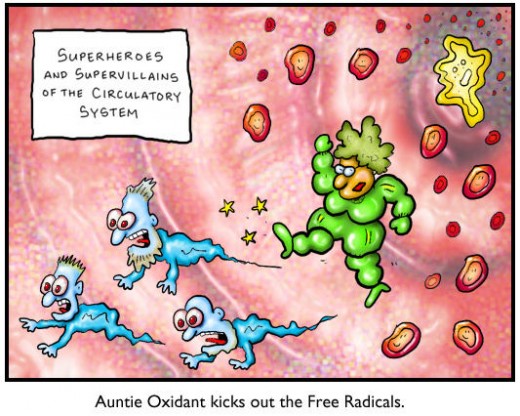
The Good News!
The good news is that a diet low in fat and plant-based can help reduce your risk of breast cancer significantly. Low in fat doesn’t mean “no” fat – focus on the good fats, the omega-3s, which have been shown to improve immune function. A plant-based diet contains a lot of fiber and studies have shown that women who eat a high fiber diet have much lower rates of breast cancer. High amounts of fiber can reduce estrogen levels by trapping the hormones, binding them up and escorting out of the body. So, eat plenty of fresh fruits and vegetables, whole grains, seeds, nuts, beans, legumes and sea vegetables.
Other foods that help protect against cancer include carotenes, found in orange, red, yellow, green and purple fruits and vegetables. Carotenes also neutralize free radicals and protect your cell DNA. Drinking extracted vegetable juices is a great way to increase your carotene consumption.
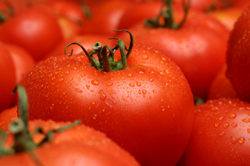
Other Protective Foods
Lycopene - found in tomatoes - has been shown to lower the incidence of breast cancer among women who eat the most tomatoes. Cruciferous vegetables are another powerful food group that helps the liver to neutralize dangerous, disease-promoting forms of estrogen into safe forms of estrogen. Cruciferous vegetables include broccoli, cabbage, cauliflower, Brussels sprouts, bok choy, and kale – notice something in common here? Yes – all green!
Another protective food is flaxseeds (rich in omega-3.) The natural fibers in flax help to bind up estrogen and improve your bowel’s function – both of these things help protect against breast cancer.
Also worth mentioning is garlic; lower rates of cancer has been associated with garlic-consuming populations. Aged garlic extract has been shown to inhibit the growth of breast cancer cells, mostly by increasing natural killer cell activity.
Breast Cancer Diet Summary:
DECREASE/ELIMINATE INCREASE/INTRODUCE
Animal Fats Healthy Fats
Red meat Flaxseeds
Fried foods Wild fish
Milk products Olive oil
Raw Walnuts
Omega-6 Oils Raw pumpkin seeds
Corn oil
Cottonseed oil Cruciferous Vegetables
Soybean oil Cabbage
Kale
Hydrogenated Fats Broccoli
Margarine Cauliflower
Transfats Brussels sprouts
Alcoholic Beverages Garlic
Beer
Wine Green Tea (organic)
Mixed drinks
Fiber
Caffeine Family Whole grains
Coffee Fresh fruits
Tea Fresh vegetables
Colas Beans
Orange soda Legumes
Mountain dew Raw seeds & nuts
Peanuts Sea vegetables
Hard cheese
Chocolate Soy (fermented)
Sugar/Artificial Sweeteners Shitake
In closing, I'd like to say that I am not a doctor or nutritionist. I am a 1-year breast cancer survivor who has put a lot of time and energy into researching many different topics related to breast cancer and healthy diets. I enjoy summarizing the information that I learn along the way and "putting it out there" to help educate anyone interested in this type of information. If you have concerns or medical questions, of course, please consult your physician.
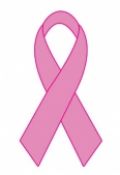
More Health and Breast Cancer Hubs:
- Are You at Risk: Learn About BRCA Testing
- Breast Cancer Info - My Favorite Online Resources an...
- Chemotherapy Hair Loss : Products to Help
- Breast Cancer Treatment - Things The Doctors Don't T...
- Breast Cancer Treatment - What Else They Don't Tell ...
- Breast Cancer Treatment - Just Another Bump In The R...

